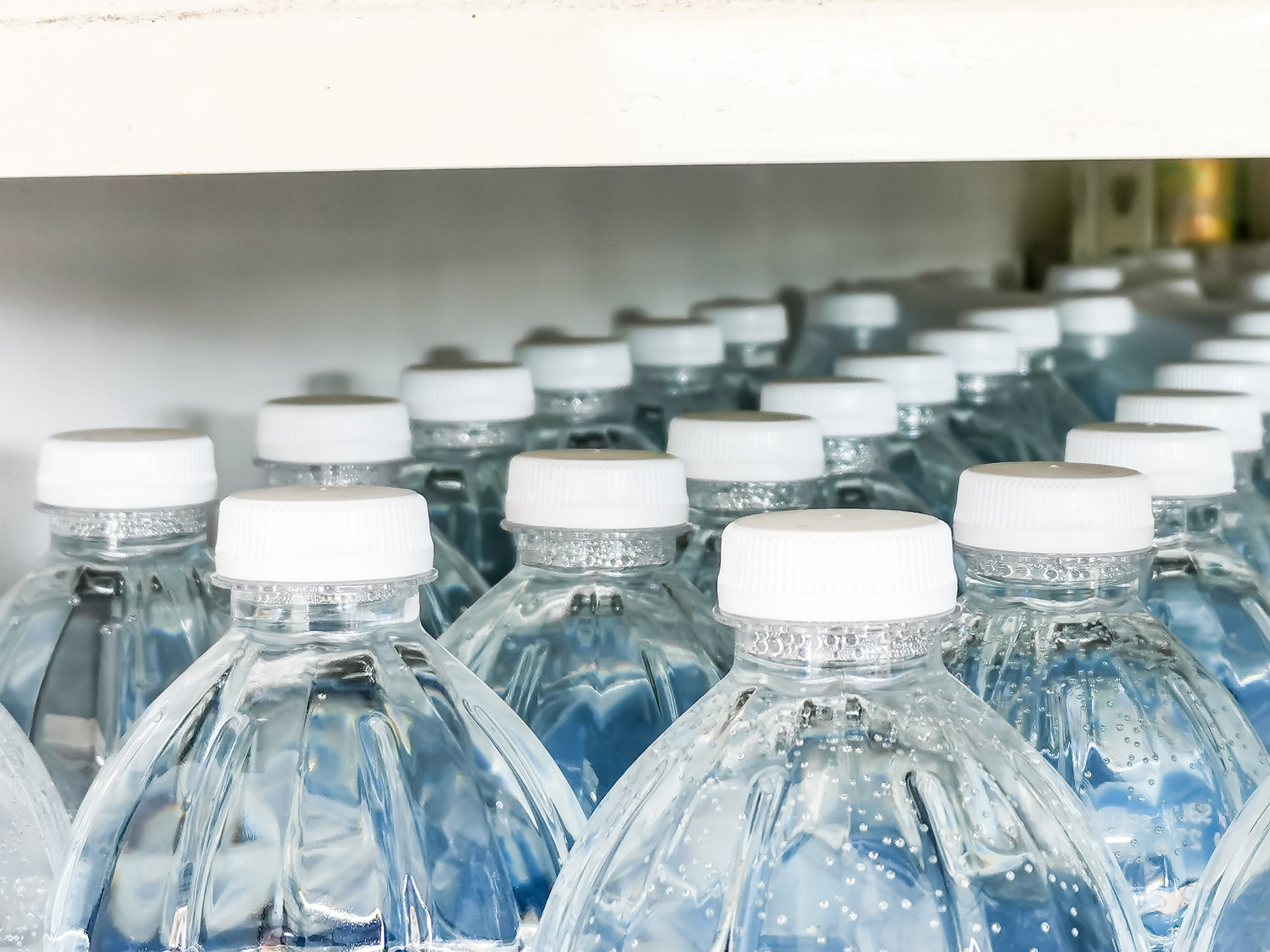 Add My Company
Add My Company
Sign In

Bottled water is an environmental disaster, and while it offers convenience, there are environmental concerns associated with its production, distribution, and disposal. Here's a bullet-point list explaining how bottled water can delay real climate change action:
- Increased Carbon Footprint:
- Production of plastic bottles requires fossil fuels.
- Transporting bottled water, often over long distances, contributes to CO2 emissions.
- Plastic Production:
- Most bottled water is packaged in single-use plastic bottles.
- The production of plastic contributes to greenhouse gas emissions.
- Waste Management Challenges:
- Only a fraction of plastic bottles are recycled.
- Many bottles end up in landfills, taking centuries to decompose, while releasing greenhouse gases.
- Over-extraction of Natural Resources:
- Extracting vast amounts of water from springs or aquifers can harm local ecosystems.
- The extraction process can impact local water tables and contribute to water scarcity.
- Diversion from Sustainable Solutions:
- Investment in bottled water infrastructure (like bottling plants) could be directed towards more sustainable water delivery systems.
- Over-reliance on bottled water might reduce impetus to invest in public water infrastructure.
- Energy Intensive:
- Bottling, packaging, and transporting water consumes a significant amount of energy, often derived from fossil fuels.
- Perception of Tap Water:
- The bottled water industry can sometimes perpetuate the idea that tap water is unsafe or inferior.
- This perception can lead to reduced trust in sustainable public water systems and increased bottled water consumption.
- Economic Incentives:
- High profitability of the bottled water industry can lead to powerful lobbying against policies that might promote tap water or reduce plastic use.
- Resource Misallocation:
- Water, especially in areas of scarcity, could be better used for essential purposes rather than being commercialized.
- Plastic Pollution in Oceans:
- Not directly a climate change issue, but relevant to the broader environmental impact: many plastic bottles end up in the oceans, harming marine life and contributing to the global plastic pollution crisis.
- Opportunity Cost in Research & Development:
- Companies might invest in developing "greener" bottles rather than finding holistic, sustainable water delivery and consumption methods.
- Consumer Behaviour:
- The normalization of bottled water consumption can lead to complacency about the broader environmental impacts of daily choices.
While bottled water provides essential services in areas without safe tap water, its widespread use in regions with safe and accessible public water systems raises environmental and climate-related concerns.
For more information on Bottled Water talk to Green Elephant
Enquire Now
More products
List your company on FindTheNeedle.
